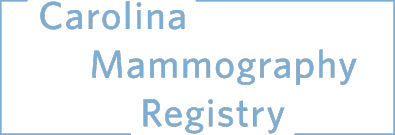Optimal Breast Cancer Screening Strategies for Older Women: Current Perspectives
Abstract
OBJECTIVE:
Breast cancer is a major cause of cancer-related deaths among older women, aged 65 years or older. Screening mammography has been shown to be effective in reducing breast cancer mortality in women aged 50-74 years but not among those aged 75 years or older. Given the large heterogeneity in comorbidity status and life expectancy among older women, controversy remains over screening mammography in this population. Diminished life expectancy with aging may decrease the potential screening benefit and increase the risk of harms.
MATERIALS AND METHODS:
In this review, we summarize the evidence on screening mammography utilization, performance, and outcomes and highlight evidence gaps. Optimizing the screening strategy will involve separating older women who will benefit from screening from those who will not benefit by using information on comorbidity status and life expectancy.
RESULTS:
This review has identified areas related to screening mammography in older women that warrant additional research, including the need to evaluate emerging screening technologies, such as tomosynthesis among older women and precision cancer screening.
CONCLUSIONS:
In the absence of randomized controlled trials, the benefits and harms of continued screening mammography in older women need to be estimated using both population-based cohort data and simulation models.
To read more, see the following article on the PubMed website: PMID: 26893548